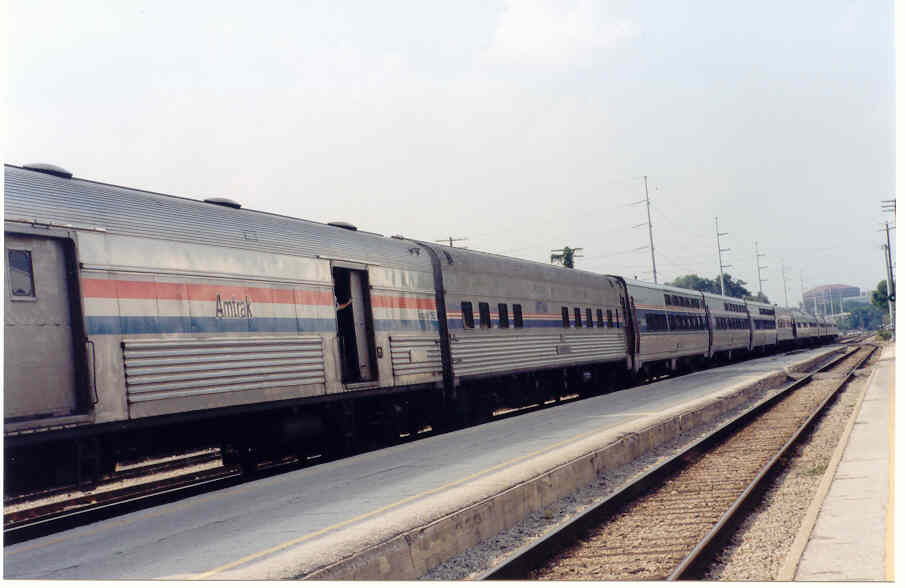Burning Metal
New Member
Also, don't forget about this accident that happened on I - 4 in 2008...
4 Killed, 38 Injured In 70-Car Pileup
Officer: 'I Watched Man Burn To Death, Heard Others Screaming' In Fog
POSTED: Wednesday, January 9, 2008
http://www.clickorlando.com/news/15009814/detail.html
http://www.wftv.com/news/15009810/detail.html
I live on the West coast of Florida and have driven I - 4 many times. Traffic is usually horrible and I would gladly drive to Tampa, park my car at a train station, and take the train to Orlando...it would be so nice to relax and not have to drive and fight traffic.
If we get High Speed rail, I see it as a kind of "test" of how successful it will be. I think Florida needs something like this...hell, I think the US needs this option. It's getting harder and harder to fly, more and more stressful, it's taking longer and longer to get through airport security. I have taken Amtrak quite a few times from the Northeast U.S. to Florida and I love it! It is relaxing, nice to see the view out the windows, you can have a nice breakfast in the dining car, a drink in the lounge car...I MUCH prefer the train over flying!
4 Killed, 38 Injured In 70-Car Pileup
Officer: 'I Watched Man Burn To Death, Heard Others Screaming' In Fog
POSTED: Wednesday, January 9, 2008
http://www.clickorlando.com/news/15009814/detail.html
http://www.wftv.com/news/15009810/detail.html
I live on the West coast of Florida and have driven I - 4 many times. Traffic is usually horrible and I would gladly drive to Tampa, park my car at a train station, and take the train to Orlando...it would be so nice to relax and not have to drive and fight traffic.
If we get High Speed rail, I see it as a kind of "test" of how successful it will be. I think Florida needs something like this...hell, I think the US needs this option. It's getting harder and harder to fly, more and more stressful, it's taking longer and longer to get through airport security. I have taken Amtrak quite a few times from the Northeast U.S. to Florida and I love it! It is relaxing, nice to see the view out the windows, you can have a nice breakfast in the dining car, a drink in the lounge car...I MUCH prefer the train over flying!

